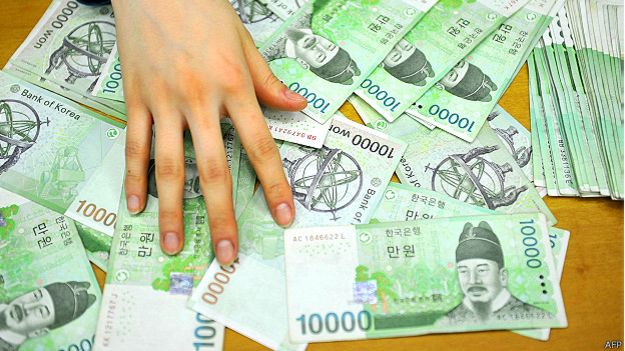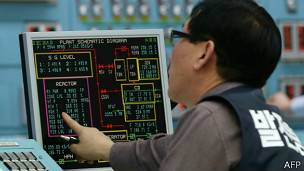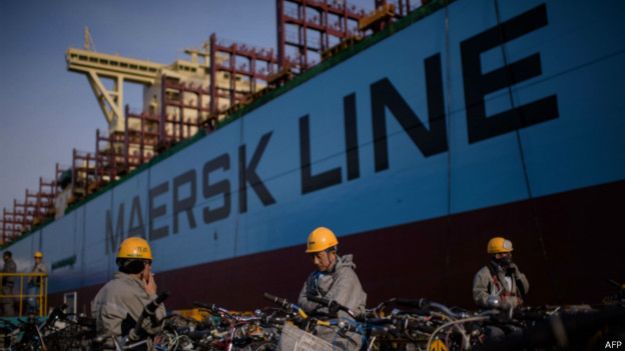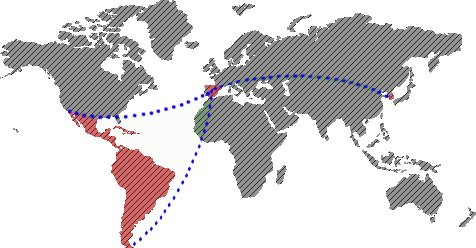The economic miracle of South Korea is one of the great success stories of the last century. When the Korean War ended in 1953, the nation, destroyed by the conflict, was poorer than most Latin American nations.

A family affair

South Korea changed from poverty to wealth in a short time lapse. This is perhaps the least controversial part of the explanations that have been given to examine the South Korean economic miracle. Economists and leaders of all political persuasions agree that increasing human capital through a large investment in education is one of the secrets of success of the Asian nation. Other explanations are more complex and raise much more critics. Among the features of business in South Korea there is the strong presence of large business groups dominated by families, known as "chaebol". Samsung is the most famous of these groups. They sell everything from washing machines to cell phones, including hotel and insurance companies. It is noteworthy that the control of several of these groups has been inherited. Samsung for example has been controlled by Lee family since 1938. Lee Kun Hee (72 years old) assumed command in place of his father in 1987. And the likely successor is Lee Jae Yong (46 years old). In many other countries make blood ties the factor to determine who runs the most important industries in the nation, probably would produce accusations of nepotism. But in South Korea these "inherited" industries are as important as the US giant Apple in the field of cellular telephony, argues Professor Kim told the BBC. If is not really understood why, specialists recognize that the balance of many of these business groups led by heirs of its founders have performed well for their owners and generally have improved the economic welfare of the country.
Doubts.

Some people consider that the prosperity in the South Korean is because its culture. Over the years have been aired many other explanations for what happened in South Korea. In 90s a famous report published by the World Bank "Explaining the East Asian economic miracle" insisted that really a good part of the explanation was to follow important parts of the neoliberal recipe: such as handle public spending wisely and avoid excess inflation. But the explanation that Seoul followed Washington recipe did not convince many people. Others argued that the point was a question of culture: in this case, the Asian culture influenced by Confucius and his emphasis on order, the devotion to the common welfare and respect for hierarchies, ideas that once were presented as appropriate for economic development. However, many of these theories were overshadowed when the Asian economic growth suffered severe setbacks in the final years of the twentieth century, even though these countries were possessors of a culture that was supposedly the most appropriate for business success.
The role of the policy
 Perhaps the most complex of all the factors to explain is the role played by political institutions, particularly in the years when the country economy began taking off, in the 1960's.
Perhaps the most complex of all the factors to explain is the role played by political institutions, particularly in the years when the country economy began taking off, in the 1960's.
The Recipe.






